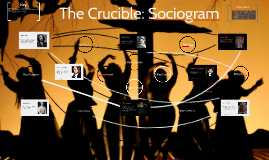
This week, we begin by exploring Dark Romanticism. Dark Romanticism emerged during the American Renaissance between 1840- 1860. It is characterized by creepy symbols, horrific themes, and the psychological effect of guilt and sin. Some of its notable authors are Edgar Allen Poe, Washington Irvin, Herman Melville, and Nathaniel Hawthorne.
Monday-
Opener- EOCT practice (theme), pp. 12-13 in the workbook
Lesson- Introduction to Dark Romanticism video and note taking sheet (See link below.)
- dark-romanticism-video-worksheet
- “The Raven,” p. 312, and complete question #1, p.318.







